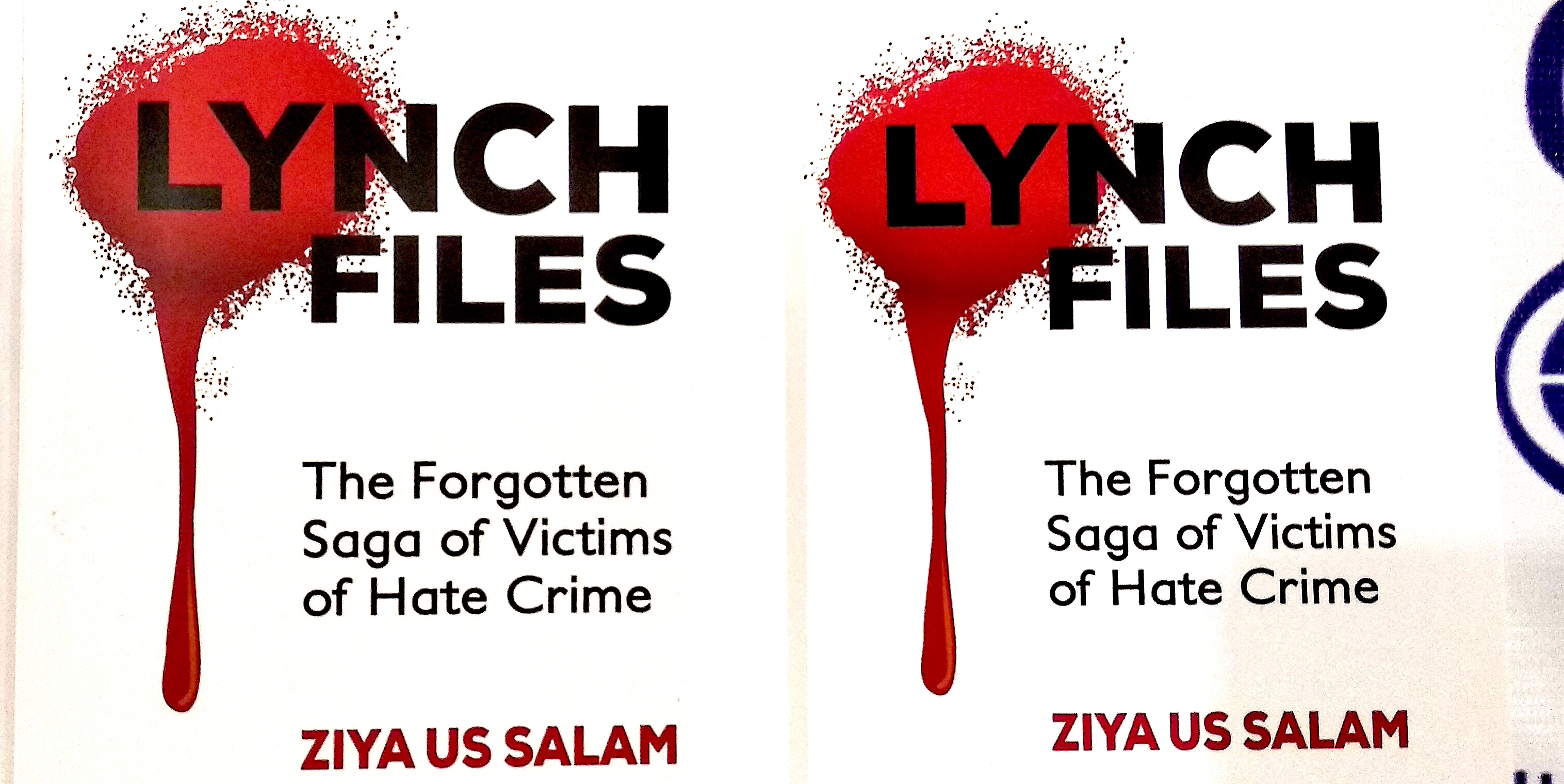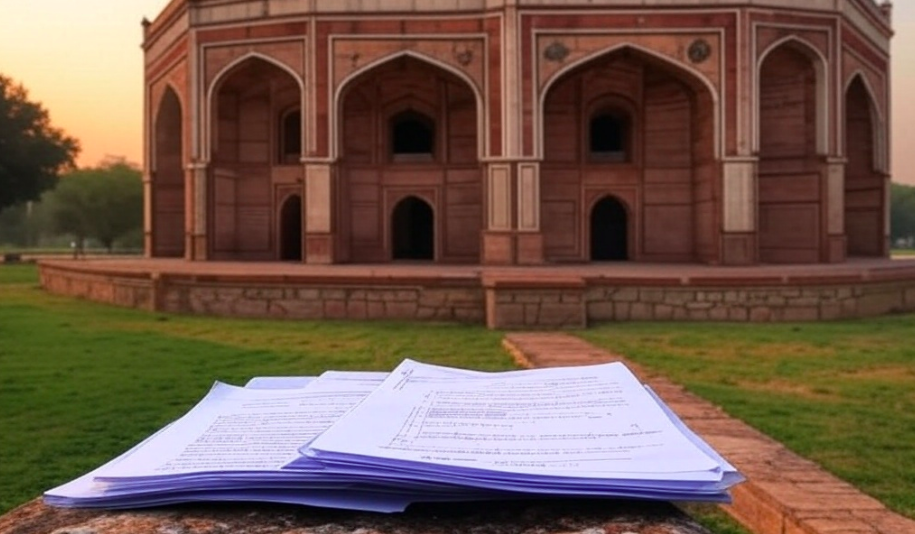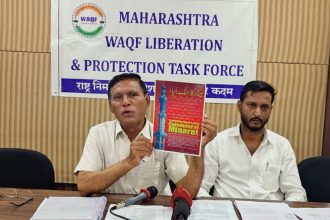Book — Lynch Files: The Forgotten Saga of Victims of Hate Crime
Author — Ziya Us Salam
Publication —Sage publications, New Delhi, 2018
Pages — 193
Price — 450/-
Review by — Faisal Nazir
This book can be an important and timely extension of Ziya Us Salam’s earlier book ‘Of Saffron Flags and Skullcaps’. While reading this transcript one will go through the emotions of anger, resentment, rage, helplessness, and finally hope. This file is not meant to be read – it is meant to be studied, discussed, and debated. Salam has indeed done a ‘painful duty’ as rightly described by Prof Apoorvanand Salam starts by giving us the genesis of the word ‘lynch’. It came about in the American Civil War when the black who attempted to free himself of slavery was often caught and lynched. Between 1880 and 1930, 2,400 lynching took place in America. In India ‘lynch’ is a recent addition to our national vocabulary, and till date 88 innocent lives have been taken.
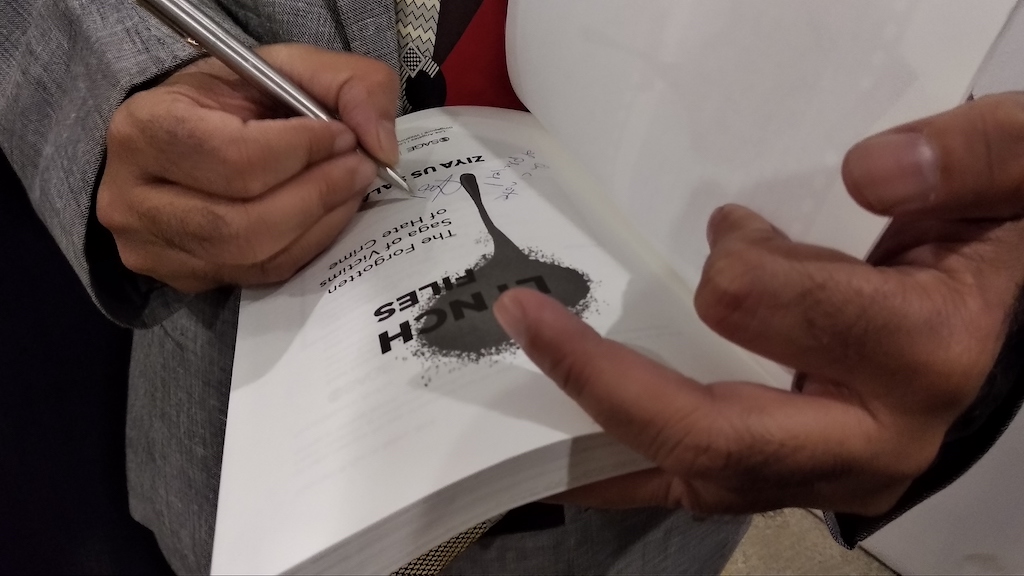
Earlier headlines and news of communal riots were very common in India, but now since the emergence of the current government in the centre and most of the states, these incidents have become very common. One would think that lynching is now the new normal. Salam meticulously examines every horrible lynching that has taken place in recent times, and gives us the detail of the victim’s grieving family as well as the role of the police and of local MPs and MLAs who are often biased.
Making an analogy between riots and lynching, Salam remarks:
“Indeed, lynching has replaced the age-old communal riot as a means to polarization. Lynching comes without the burden of guilt that used to accompany riots. It is more effective lethal and sinister. It strikes the very identity of the community. It is far more demoralizing than the traditional communal violence.” (P.4)
Salam refers to Gau Rakshak mostly as the ‘cow militia’, and regrets how the mob has overridden society; how the system has failed in protecting the victims, and punishing the culprit.
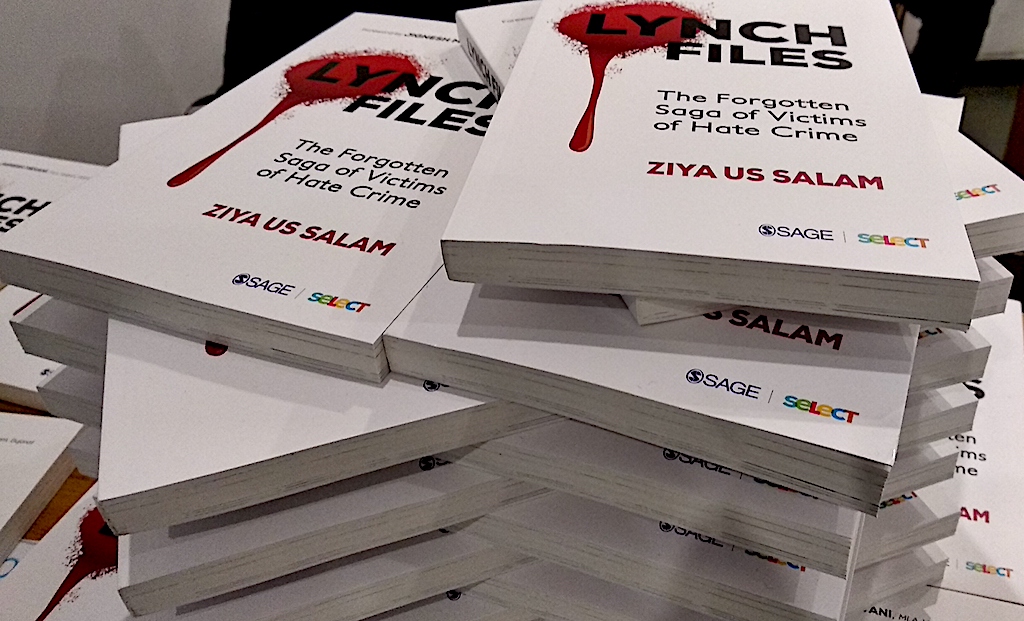
The book takes references from Times of India, The Hindu, Indian Express, and the Wire. What brings authenticity to the same is the fact that the author himself has interviewed not just the victims, but also the cow militia and local political leaders. The author has essayed to establish that sacrificing the cow and consuming beef is not exactly unheard of in ancient Hinduism and even in certain pockets of the subcontinent to this day.
While the list of victims largely comprises of Muslims, one finds in Salam’s account Dalits, tribals, and a Brahmin among the lynched. From Congress-ruled states to the BJP strongholds, in the dead of night as well as in broad daylight, from remote villages to the National Capital Territory, lynching has taken place – could take place – everywhere and at all times.
Salam’s investigative reporting and close attention to details are highly commendable. His reportage moves readers to tears as well as invokes action. While his work shows how ‘mobocracy’ could threaten the very constitution of the country, he goes on to document the actions taken by the police in order to rescue the victims.
Often, it is not religion that instigates the crime, and the author makes mention of such incidents as well. The grief portrayed in these pages, and the extent of the cow militia’s brutality, are heart-wrenching.
Salam observes that these assaults and lynches have satisfied the majoritarian ego. He quotes Golwalkar from ‘We, or our nationhood defined’:
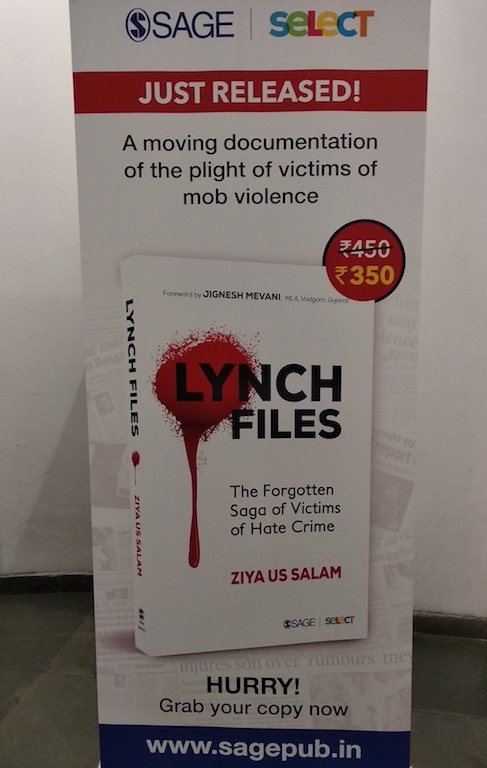
‘Foreigner race in Hindustan must… learn to respect and hold in reverence Hindu religion… and must lose their separate existence to merge in Hindu race, or may stay in the country, wholly subordinated to the Hindu nation, (P.22)
Salam’s work is the first of its kind on mob violence. In many ways, mob violence is challenging our constitution and harming the peaceful fabric of our society. The five files contained in this book show a mirror to society and make this kind of violence count in the national conscience. These files must be looked upon as an attempt to bettering the lives and securing the futures of minorities. I hope and pray that this book may not need a second volume.
(Faisal Nazir is a Research scholar at Jamia Millia Islamia. He can be contacted at 9818697294)

